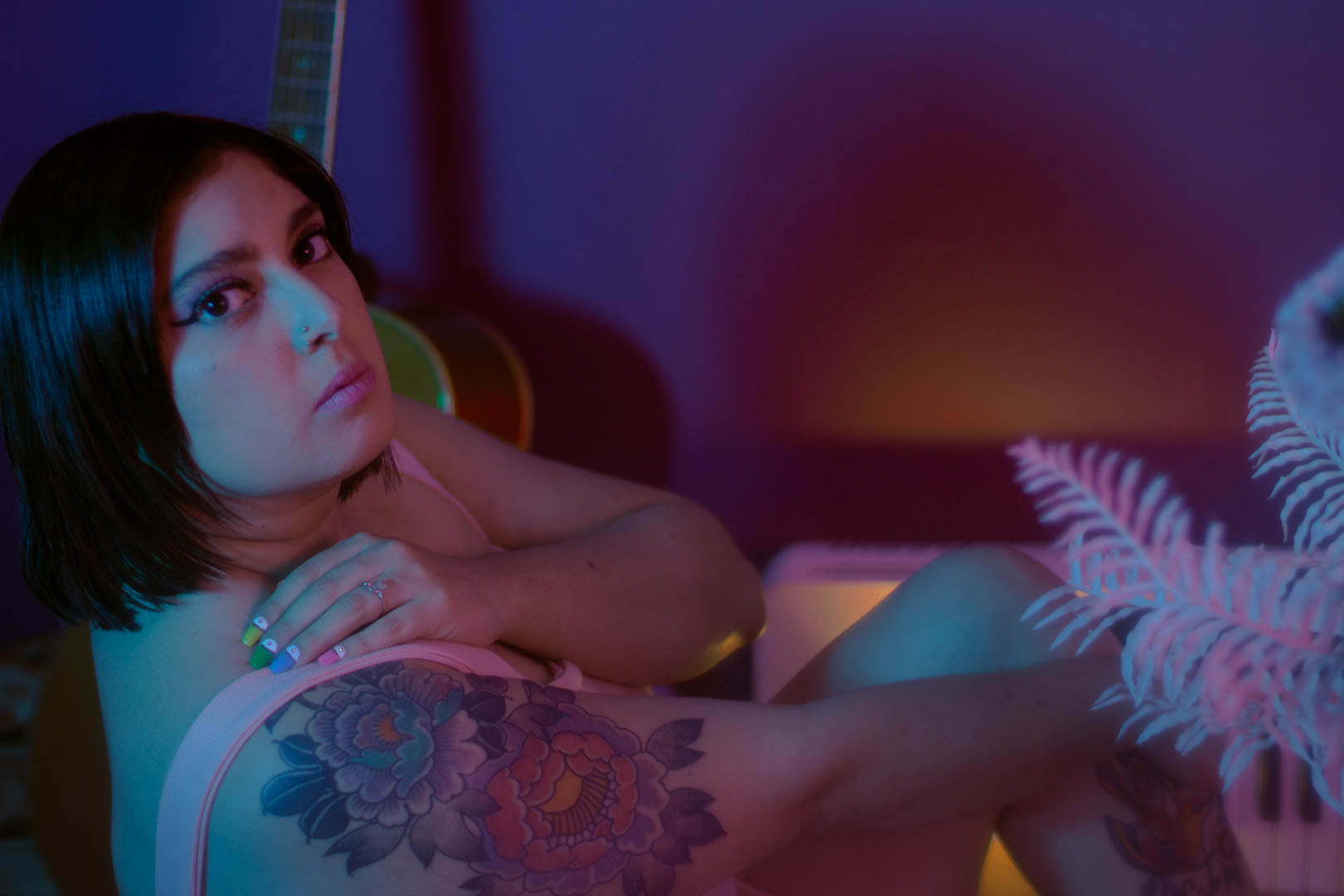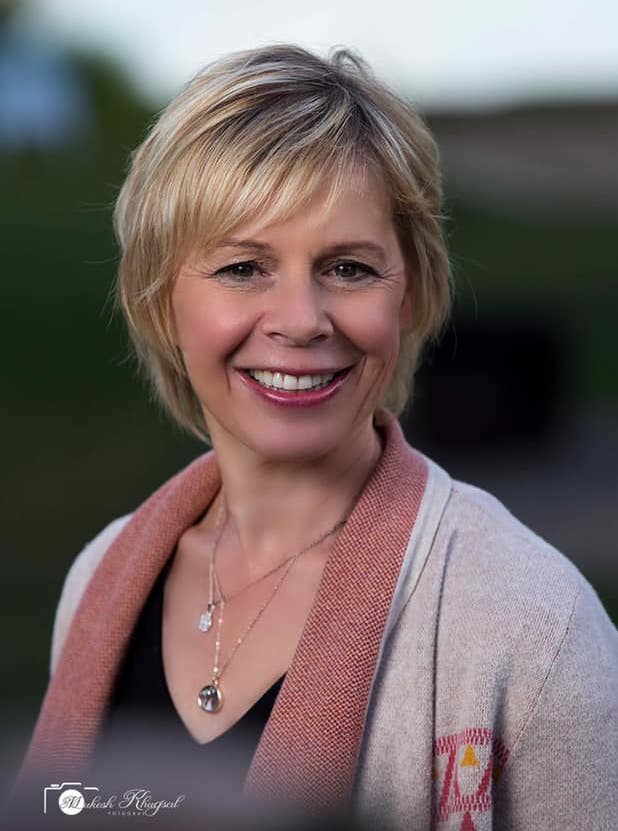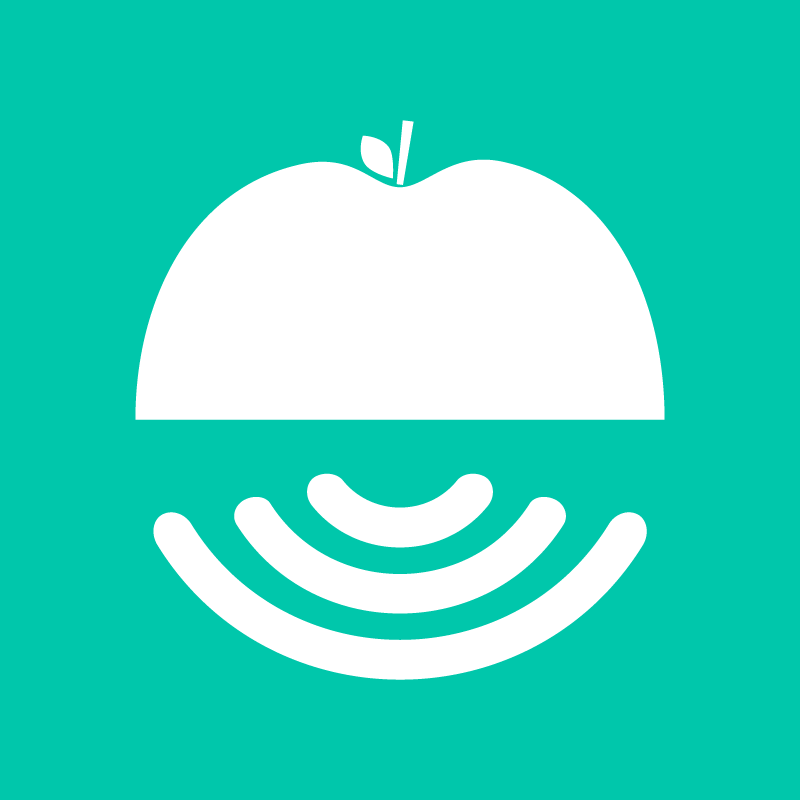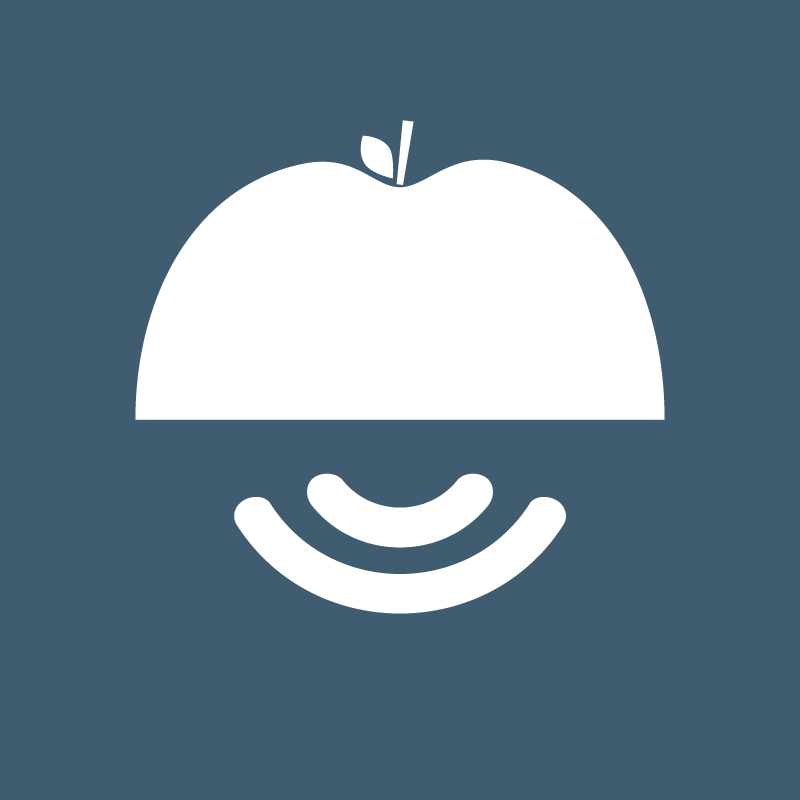

1. What is your greatest passion or joy as a singer, voice teacher, or vocal professional?
Indian music is so full of improvisation. When I can tell the audience a story as I improvise, using nothing but my voice and I feel them resonate with that storytelling and the emotions, it makes the performance quite special. As a singer, I am thankful that my voice has the capability of creating these unforgettable moments. As an Indian Classical Music (ICM) singer, I have also had the chance to collaborate with some brilliant artists here and abroad. Those collaborations have been spectacular both in what was created and the journey to get there, pushing the boundaries of my creativity.
As a voice teacher, the most joyful moments come when the student feels the work pays off, and they have surpassed any limitations they believe they have had. This is why being a voice teacher is so rewarding. A few of my students recently have either given their first solo performance in ICM (a “graduation” event of sorts) or are working towards it and watching them become artists in their own right has been incredibly fulfilling.
As a researcher, it has been particularly exciting to be able to talk about ICM, which is somewhat sparsely researched in the voice field, on the same platforms with the same level of scholarship as other genres and make the needs of my genre heard. I love being able to dive right into the inner vocal workings of ICM and creating practical teaching tools for teachers and singers in the community.
2. Please tell us the latest news about you, your studio, and your work.
My work with NYVC propelled me to not only become a better singer and teacher but also helped me discover my love of voice science! I am currently conducting my final research project for a Master’s degree in voice pedagogy for ICM through the Voice Study Centre and the University of Wales Trinity St. David. The fact that it’s a research-based MA has really helped to carve out my speciality in bridging the gap between voice science and the ancient oral tradition of ICM. A lot of my research has been practically very useful for my students – from acoustic strategies to teaching agility efficiently and even how to teach with compassion to create a safe learning environment for students.
My research on vocal acoustics for ICM was accepted as an oral presentation at the Pan-European Voice Conference (PEVOC) in August of 2022 and I presented this research to some of the most pioneering researchers in the field. Never in a million years would I have imagined that I could be presenting academic work on my most beloved art form on such an international and prestigious platform. In the last few years of my career, I consider that one of my biggest successes! In the latest news, I am taking this obsession further - I am applying to PhD programs this year to continue my research, which is extremely exciting - and scary - but mainly exciting!
3. What is an interesting or funny fact about you?
In another life, I would have loved to have been a (non-vocal) athlete. In my spare time, I obsessively rock climb and am an aerialist-in-training. I absolutely love it.
4. What led you to the NYVC Voice Teacher Training & Certification Program?
I had started teaching Carnatic vocal music and had several students asking me how to overcome their vocal limitations. I realised so much of how I learned had been instinctive which was fantastic for me but didn’t help me communicate to my students what they needed to do for their voices to become the best singer they could be. I had followed Justin and "Voice Lessons To The World" which provided such useful and practical exercises for singers. So when I discovered that there was a voice teacher training program, there was no question, I was definitely signing up for it!
5. What was your experience in the NYVC Voice Teacher Training & Certification Program?
I found the programme to kindle a sort of obsession with this kind of work. I began with the introductory programme, did the VTT certification, and then had to come back for the advanced session as well! I loved how accessible Justin made this work seem. The observations and the supervised teaching were extremely eye-opening and Justin helped me grow as a teacher in my own right rather than being a derivative of his teaching style. That was invaluable. What I had the most fun with was being coached by Justin. There were portions of my voice that I didn’t know I had. For instance, I have always been a light and agile singer and never thought I had a belt in me – Justin brought out my belter in all her glory and it was fascinating. I believe he got me to belt G# – which I never thought was possible. How fun!
In addition to the experience during the programme, the continued connection to the programme through being able to provide a lecture on ICM for future NYVC VTT participants was a true honour. I was so glad to be able to contribute to the programme that started me on this journey in the first place.
6. What advice would you give to future participants of the Program?
This is the warmest, most encouraging, and most non-judgemental space to learn and you will learn a lot. Ask all the questions and be curious about your own voice. Be ready for the possibility of getting obsessed with some really interesting voice-science material! Especially because this course opens your mind and your world to the entire field of voice teaching, science, pedagogy and everything that goes with it.
7. What is the biggest challenge you’ve faced as an artist, teacher, or vocal professional?
Indian Classical Music hails from a very old tradition which has successfully been passed down from generation to generation for centuries. As an ICM practitioner, I have been challenged by other practitioners who view this sort of scientific technique as inauthentic or too Western-centric such that it may dilute the practice of ICM. As I have worked against this resistance, I came to realise that while I know that scientific vocal technique has a very important place in increasing strength, stamina and longevity of career professionals, I must weave it together with the indigenous knowledge already existing within our tradition. The best way forward is together. This is a challenging pathway but I do believe it will ultimately be the most rewarding for the community.
8. What was your greatest victory ever as an artist, teacher, or vocal professional?
Personally, for me, it has been discovering how vast my voice's capabilities are. It can do a lot of what I ask it to do, sometimes easily, sometimes with some technical work, but knowing what my voice is capable of has been quite a vocal victory. The lack of fear when it comes to trying something new genre-wise or in terms of technique has been vocally and creatively quite liberating!
What has been absolutely impressive, however, is watching students who struggled with things like pitching in the past, grow into performers themselves. Students who believed they couldn’t sing now enjoy the act of singing and the sound of their own voice - there is a special joy in that! Overall, watching all my students become unique singers with their own authentic stylistic uniqueness that they can offer the art form has been an absolute joy and a victory.
9. What is one piece of advice that you would love all singers to know?
That you can sing. That everyone is a singer if they want to be. That the quality you bring is unique and that’s what makes you special. Let your idols be not those who you try to be but inspirations to find your own sound, individuality, and creativity. Give yourself the freedom to make mistakes, because while you may make mistakes, that freedom gives you the ability to create something truly brilliant and unique.
10. What is something you've learned on your journey that you would love other vocal professionals to know?
Your relationship with your student ought to grow and change the more you work with them. As my students have grown to become self-sufficient performers I realise that I have moved from being a “technician” or a “repertoire coach” to a mentor and someone who is a guide to them becoming independent artists. Their needs change both vocally and as performers, singers, and students as time passes. The more independently they can think, the more confident they are in their own abilities and the more they can communicate with you as their teacher about what they need which leads to more joy that they experience in their own singing. That’s the goal.
11. How can we find out more about you and your work?
Follow me on @samyuktasings on IG for my musical musings and @samyukta14 for my aerial exploits :)
The websites are below:
Performance: samyuktasings.com
Teaching: thirdoctavevoicestudio.com





